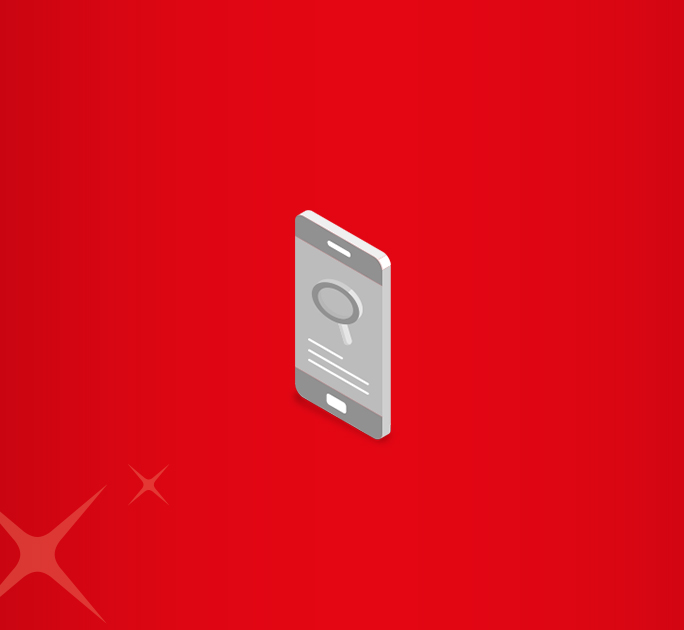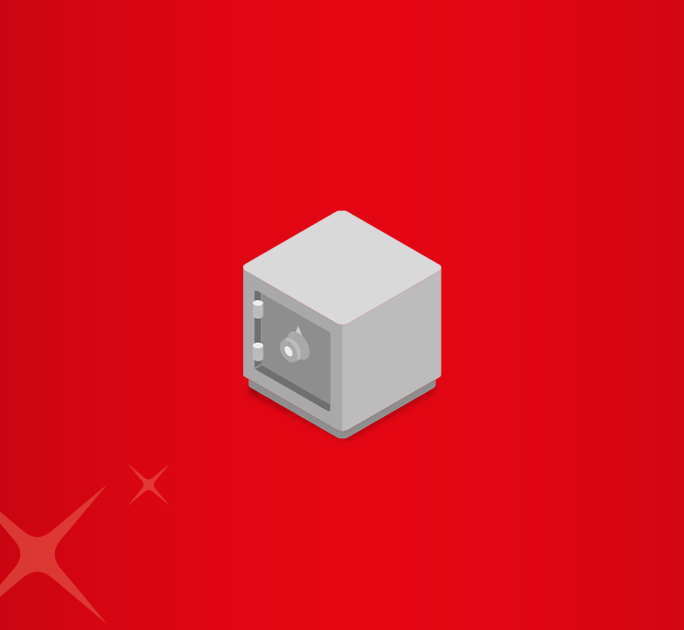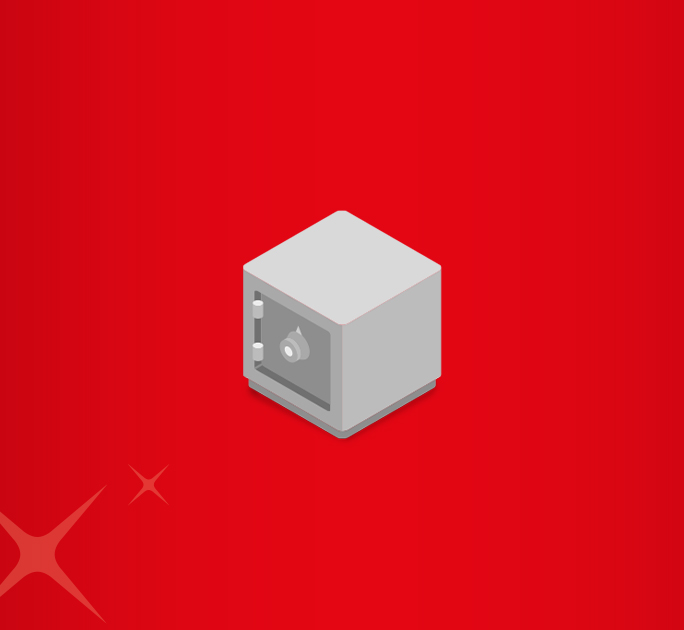- Save
- Invest
- Borrow
- Pay
- More
- NRI Banking
- Customer Services

What is Retail Banking
A look at the features and types of retail banking entities
Key Takeaways
- Retail banking encompasses the basic financial services banks offer their customers.
- It is also known as personal banking or consumer banking.
- It includes facilities like bank accounts and deposits, debit and credit cards, loan services, etc.
- Commercial banks, co-operatives and credit unions are types of retail banking service providers.
- You can open retail banking accounts online or visit bank branches.
Most banks worldwide offer a gamut of services encompassing the various needs of their customers. Today, you can invest in various market securities, open pension accounts, get investment advisory services, etc. However, one aspect of banking sticks to providing traditional banking facilities and is known as retail banking. Let us understand the various features and functions of retail banking in this article.
What is Retail Banking?
Retail banking is the branch of banking that concentrates on offering elementary financial services to its customer base. Also referred to as personal or consumer banking, it is designed for individual customers rather than large organisations or institutions. Essentially, retail banking gives you access to the necessary provisions to manage your money through bank accounts.
Features of Retail Banking
A retail bank is one that provides everyday banking services. Typically, it includes the following.
General bank accounts
You can open Savings, Current, Salary accounts. Each account is further categorised into various types. For instance, a Savings Account can be a regular or premium account designed for women, children, or senior citizens, with broadly similar benefits.
Deposits
Retail banking services also include provisions to open fixed and recurring deposits. Fixed deposits are primarily of two types – cumulative and non-cumulative, whereas recurring deposits allow you to park a fixed sum of money each month and create savings with discipline.
Bank cards
Bank cards are an essential feature of retail banking services. Your bank generally gives you an ATM-cum-debit card to aid cash withdrawal and online and PoS payments. You can also apply for credit cards based on your account usage.
Loans
A loan is yet another retail banking provision you enjoy. You can increase your chances of getting approvals for various kinds of loans – home loans, personal loans, and automobile loans if you have an existing relationship with a retail bank.
Types of Retail Banking Entities
Retailing banking institutions are broadly classified into two types:
-
Commercial and Co-operative Banks
Commercial banks are the most common and easily accessible retail banks. These are for-profit organisations that earn money through interest rate spreads and transaction charges. Co-operative banks, also known as community banks, are also commercial banks. However, these banks function on a smaller level.
-
Credit Unions
Credit unions are smaller, non-profit organisations. They charge lower interest rates and provide higher return rates on savings account deposits. As non-profit organisations, credit unions do not have the physical presence of large banks and primarily sell their products and services online.
Final Note
There is no doubt that all of us need retail banking services in our daily lives. Retail banks are the stepping stones that pave the path for creating savings and building wealth. DBS Bank is an excellent retail banking example. As a DBS Bank customer, you can enjoy a bouquet of retail banking services. We also offer an array of investment facilities to help you reach your various time-bound financial goals.
With the DBS Bank app, you can open a new savings account in a few minutes! Download the app to get started.
*Disclaimer: This article is for information purposes only. We recommend you get in touch with your income tax advisor or CA for expert advice.











